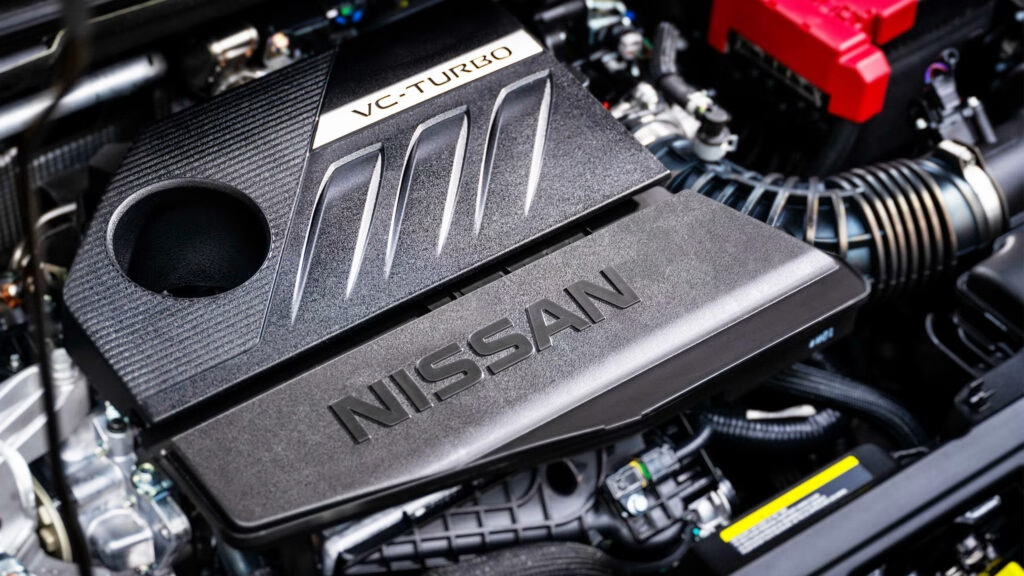What’s Going Wrong With Nissan’s VC-Turbo Engines?
Imagine buying a brand-new car, only to have the engine sputter and die before you’ve even finished your first tank of gas. That’s exactly what some Nissan and Infiniti owners are experiencing with the company’s much-hyped VC-Turbo engines. These powerplants, once hailed as a leap forward in efficiency and performance, are now at the center of a growing class action lawsuit and a wave of consumer frustration.
What Is the VC-Turbo Engine and Why Was It a Big Deal?
A few years back, Nissan engineers rolled out the VC-Turbo engine, a marvel of modern automotive tech. The idea was simple but ambitious: an engine that could adjust its compression ratio on the fly, giving drivers the best of both worlds—fuel efficiency when you want it, power when you need it. On paper, it was a game-changer. In reality? The honeymoon didn’t last.
Which Models Are Affected and What Problems Are Owners Reporting?
If you drive a 2021-2023 Nissan Rogue, a 2019-2023 Nissan Altima, or a 2019-2023 Infiniti QX50, this might hit close to home. Owners have reported a laundry list of issues: rough idling, hesitation, high-pitched whirring noises, stalling, sudden loss of power, and in some cases, engines that simply shut down mid-drive. One owner, Dennis Becker, saw his brand-new Rogue break down at just 157 miles. The dealer tried swapping the battery, updating the software, and even replacing the exhaust gas recirculation valve. No luck. The car stayed stubbornly broken.
Is This Just Bad Luck, or a Widespread Defect?
It’s not just a handful of unlucky drivers. The class action lawsuit filed in Delaware claims these problems are systemic, tied to main bearing malfunctions and other internal flaws. According to the suit, Nissan either knew or should have known about these defects but failed to warn customers. The National Highway Traffic Safety Administration (NHTSA) has even opened an investigation into over 450,000 Nissan and Infiniti vehicles for engine failures—a sign that this isn’t just a blip on the radar.
Are Nissan’s Repairs and Recalls Making a Difference?
Here’s where things get really frustrating for owners. The lawsuit alleges that Nissan’s recall efforts have been little more than a band-aid—sometimes just offering a few oil changes as a fix. For those facing engine failure, that’s cold comfort. Worse, some customers say Nissan has refused to cover diagnostics and repairs under warranty, leaving them with hefty bills for cars that should still be protected.
What Should You Do If You Own an Affected Vehicle?
If your Nissan or Infiniti is acting up, don’t ignore the warning signs. Document every issue, keep records of dealer visits, and push for repairs under warranty. If you’re getting nowhere, consider joining the class action or filing a complaint with the NHTSA. Consumer Reports and other advocacy groups recommend staying proactive—sometimes, the squeaky wheel really does get the grease.
How Does This Compare to Other Recent Automotive Recalls?
Engine defects aren’t unique to Nissan, but the scope and nature of this issue stand out. Automakers like Hyundai and Kia have faced similar scrutiny for engine fires and failures, leading to massive recalls and even government investigations. The difference here is the advanced technology at the heart of the problem. Variable compression engines are still relatively new, and Nissan’s experience is a cautionary tale about the risks of pushing innovation to market before it’s truly ready.
What’s the Broader Impact for Nissan and Its Customers?
For Nissan, the fallout could be significant. Trust is hard to win and easy to lose, especially when drivers feel stranded—literally and figuratively. The company’s response in the coming months will shape not just the outcome of this lawsuit, but its reputation for years to come. For customers, it’s a reminder to stay informed, ask tough questions, and demand accountability from automakers.
The big takeaway? Car ownership isn’t about perfection—it’s about smarter adjustments. Start with one change this week, whether it’s checking your warranty paperwork or booking a diagnostic appointment, and you’ll likely spot the difference by month’s end.

